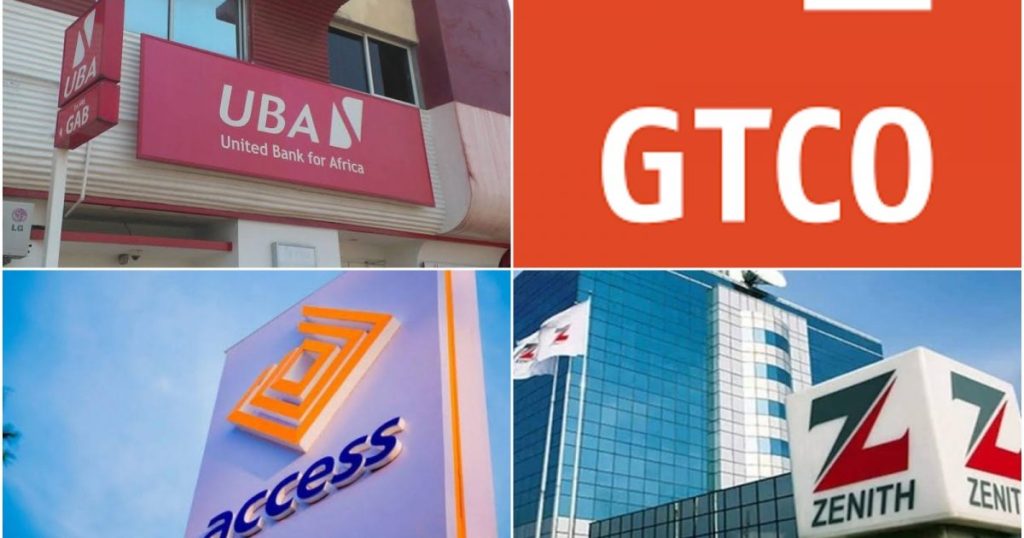The Nigerian banking sector is undergoing a significant recapitalization drive, orchestrated by the Central Bank of Nigeria (CBN), with the aim of strengthening the financial stability and resilience of the industry. The CBN’s directive mandates different capital requirements based on the operational scope of the banks. Commercial banks with international licenses are required to hold N500 billion in capital, while those with national licenses need N200 billion. Regional commercial and merchant banks must maintain a minimum capital base of N50 billion. This push for increased capitalization has led to a flurry of activity in the capital market, with banks utilizing various instruments like rights issues, public offers, and private placements to raise the necessary funds.
As of late 2024, banks had successfully raised approximately N1.7 trillion, a significant portion of the anticipated total. If the second tranche of the recapitalization proceeds as planned, the total fresh capital injected into the Nigerian banking sector is projected to reach nearly N3 trillion. This substantial influx of capital is expected to bolster the banks’ lending capacity, enhance their ability to absorb potential shocks, and ultimately contribute to the overall stability and growth of the Nigerian economy. The recapitalization exercise has also generated considerable interest from investors, leading to oversubscription in several public offers, indicating strong confidence in the long-term prospects of the banking sector.
Several leading banks have taken proactive steps to meet the CBN’s requirements. Access Holdings, Zenith Bank, Guaranty Trust Holding Company, and FCMB Group have all successfully raised substantial capital, exceeding the mandated thresholds in some cases. These institutions have leveraged a variety of methods, including rights issues and public offers, to secure the necessary funds. The additional shares issued as part of these capital-raising initiatives have been subsequently listed on the Nigerian Exchange (NGX), further deepening market liquidity and providing investors with increased opportunities to participate in the growth of the banking sector.
The recapitalization drive has sparked a positive ripple effect across the Nigerian stock market, particularly within the banking sector. The NGX Banking Index experienced a remarkable surge in early 2025, significantly outperforming the broader market. This strong performance has been attributed to increased investor confidence fueled by the ongoing recapitalization efforts and the robust financial results reported by several banks. The success of the recapitalization is being viewed as a testament to the resilience and growth potential of the Nigerian banking industry.
Looking ahead, several other banks are poised to continue the capital-raising momentum in 2025. Wema Bank, Stanbic IBTC Holdings, and Fidelity Bank have all announced plans to raise substantial capital through a combination of rights issues and special placements. These efforts underscore the industry-wide commitment to meeting the CBN’s requirements and further strengthen the overall financial health of the sector. With significant capital already raised and more on the horizon, the Nigerian banking sector appears well-positioned to achieve the targets set by the CBN without the need for forced mergers, as witnessed during the previous recapitalization exercise in 2004.
Market analysts and industry experts express optimism about the future of the Nigerian banking sector. The prevailing sentiment is that the recapitalization drive will not only enhance financial stability but also pave the way for sustained growth and profitability. Stronger capital bases will enable banks to expand their lending activities, invest in technological advancements, and better serve the needs of businesses and consumers. This positive outlook is further reinforced by the strong performance of banking stocks on the NGX, suggesting continued investor confidence in the sector’s long-term prospects. The recapitalization is expected to contribute to a more robust and competitive banking landscape in Nigeria, ultimately benefiting the broader economy.


